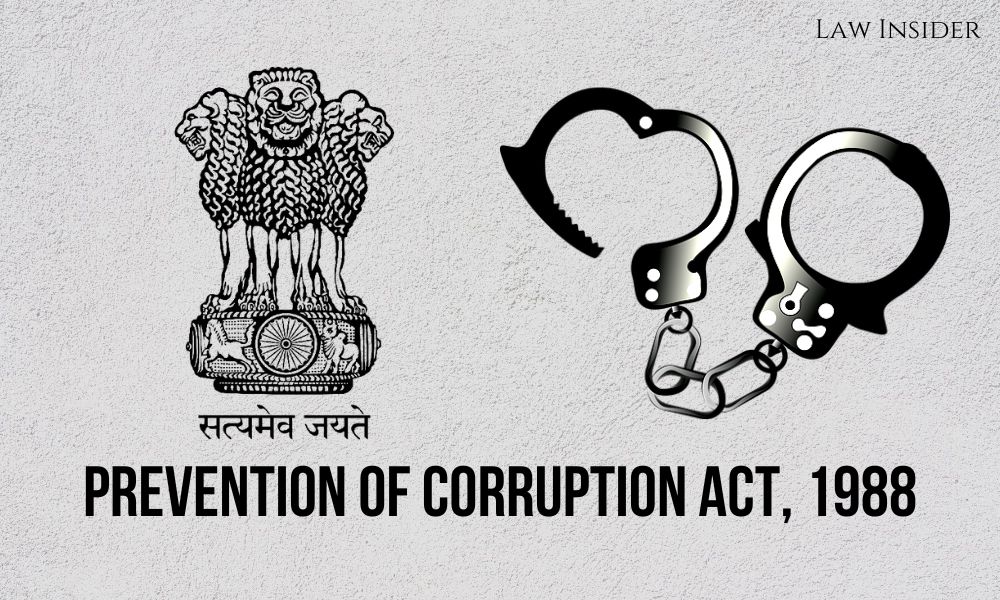Mitali Palnitkar
Published On: February 12, 2022 at 15:10 IST
The Supreme Court observed that Section 17A of the Prevention of Corruption Act, 1988 is not retrospective in nature.
The Bench comprised of Justice Indira Banerjee and Justice JK Maheshwari, they allowed the Appeals and ruled that Section 17A does not have retrospective operation.
Section 17A of the Act came into effect on July 26, 2018. It provides that there shall be no enquiry, investigation without the prior approval of appropriate authority.
The Appeals were filed against the Rajasthan High Court Judgment passed on April 7, 2020 which allowed the Respondent’s Plea and quashed the FIR (First Information Report) registered against him under Sections 13(1)(g) and 13(2) of the Prevention of Corruption Act read with Sections 420, 467, 468, 471, and 120B of the Indian Penal Code (IPC).
The FIR was quashed citing that the Investigating Authorities failed to obtain State Government’s prior approval under Section 17A of the Act before registering the FIR.
The FIR was registered on January 1, 2018 before the provision came into effect. The primary question was whether Section 17A was applicable to an investigation that had commenced before the said provision was enacted.
The Court was of the view that it is the cardinal principle of law that every Statute is prospective unless it is expressly made to have retrospective operation, and there is a presumption against retrospectivity. The express provision shall be made to make the Statute retrospective.
The Court referred the Case of Akram Ansari v Chief Election Officer (2008) and noted that presumption against retrospectivity could be rebutted by necessary implication. It observed that every Statute which deals with substantive rights is Prima Facie prospective unless it is made retrospective expressly.
It relied on Hitendra Vishnu Thakur v State of Maharashtra (1994) and observed that Section 17A of the Act did not contain any express provision to show its retrospective nature and there was no such implication made.
It further relied on GJ Raja v Tejraj Surana (2019) wherein it was held that the Statute which affects substantive rights is presumed to be prospective unless made retrospective. Also, a Statute which creates new rights or liabilities is to be construed prospective in nature unless made retrospective expressly or by necessary implication.
The Court referred to State of Telangana v Managipet alias Mangipet Sarveshwar Reddy (2019), wherein the Court denied that the amended provisions of Prevention and Corruption Act were applicable to an FIR.
Also read: Corruption Laws in India

